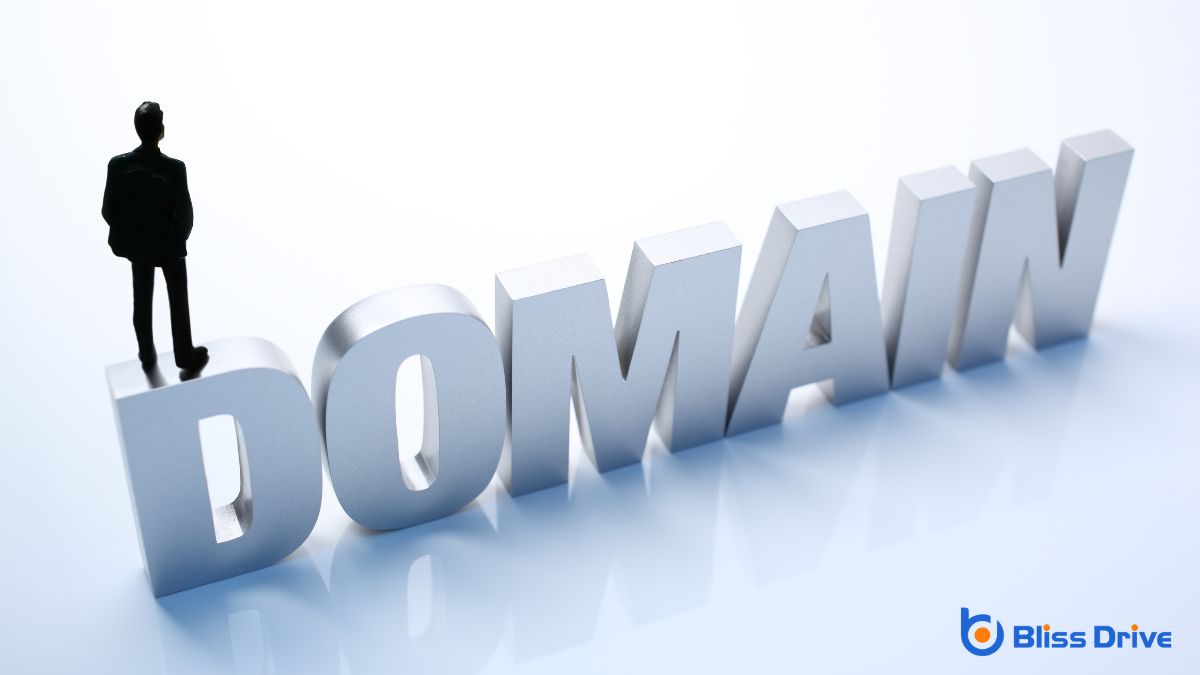Learn More About Us

When we think about website ownership, it's easy to assume the person or business we associate with the site holds all rights. But the reality is a bit more complex. Ownership involves domain names, content, and the underlying technology, each with its own legal considerations. Contracts, intellectual property rights, and potential disputes all play a role. So, how do we truly determine legal ownership, and what pitfalls should we be aware of?

When we talk about domain name ownership, it’s essential to understand that the domain name is more than just a web address; it’s a valuable digital asset. It represents our brand, identity, and presence online.
Owning a domain means we've exclusive rights to use that name for a specific period. This ownership is secured through a domain registrar, where we register our chosen name.
It’s imperative to keep track of renewal dates to maintain control. We also need to guarantee that our contact information is up-to-date with the registrar to prevent losing ownership.
The domain’s value can increase over time, especially if it becomes popular or closely associated with a reputable brand. Consequently, managing it responsibly is essential.
While domain name ownership is crucial, web hosting providers play an important role in getting our website online and accessible to users. They supply the servers and technology required to store our website’s files and guarantee it’s reachable on the internet.
When we choose a web hosting provider, we’re fundamentally renting space on their servers. This service directly affects our website’s performance, speed, and security. It’s important to understand that web hosting providers don’t own our site; instead, they support its operation.
We must select a reliable provider that aligns with our needs. Options vary from shared hosting, which is budget-friendly, to dedicated servers for higher performance.
Even though technology underpins a website's functionality, it's the content that truly defines its value and purpose. We need to understand that website content, from text to images, is protected by intellectual property rights. These rights guarantee creators maintain control over their work and how it's used.
When we create or commissionThe fee paid to an affiliate for generating a sale, lead, or other desired action. content, ownership typically rests with the creator unless there's an agreement transferring rights.
Let's consider copyright, which automatically protects original content upon creation. To avoid legal issues, it's vital we respect these rights and avoid unauthorized use.
Furthermore, when incorporating third-party content, obtaining proper licenses or permissions is a must. By respecting intellectual property rights, we're not only protecting others' work but also safeguarding our own creations.
In web development, clear contracts and agreements are essential to define the responsibilities and expectations of all parties involved. They help prevent misunderstandings and guarantee everyone knows their roles.
We should focus on three key elements to guarantee a smooth collaboration:

When legal disputes over website ownership arise, understanding the core issues and potential resolutions becomes essential. We need to identify the main points of contention, which often include intellectual property rights, contract breaches, and domain name control.
A clear analysis of the contracts and agreements involved can shed light on ownership rights.
To resolve disputes, mediation or negotiation can often leadA potential customer referred by an affiliate who has shown interest in the product or service but h... to satisfactory outcomes without escalating to costly litigation. We should guarantee all involved parties have access to the relevant documentation, such as contracts and emails, that clarify ownership terms.
If legal action is unavoidable, engaging a specialized attorney can help navigate complex legal frameworks. Ultimately, proactive communication and detailed agreements can prevent disputes from occurring in the first place, safeguarding our interests.
In the ever-evolving digital landscape, it's essential for us to guarantee that our website ownership is clear-cut. By understanding domain name ownership, working with reliable web hosting providers, and securing our content through intellectual property rights, we can avoid potential pitfalls. Let's not forget the importance of contracts and agreements, which help define our roles and responsibilities. Together, these steps can help us navigate any legal disputes and confidently claim our rightful ownership of our online presence.
